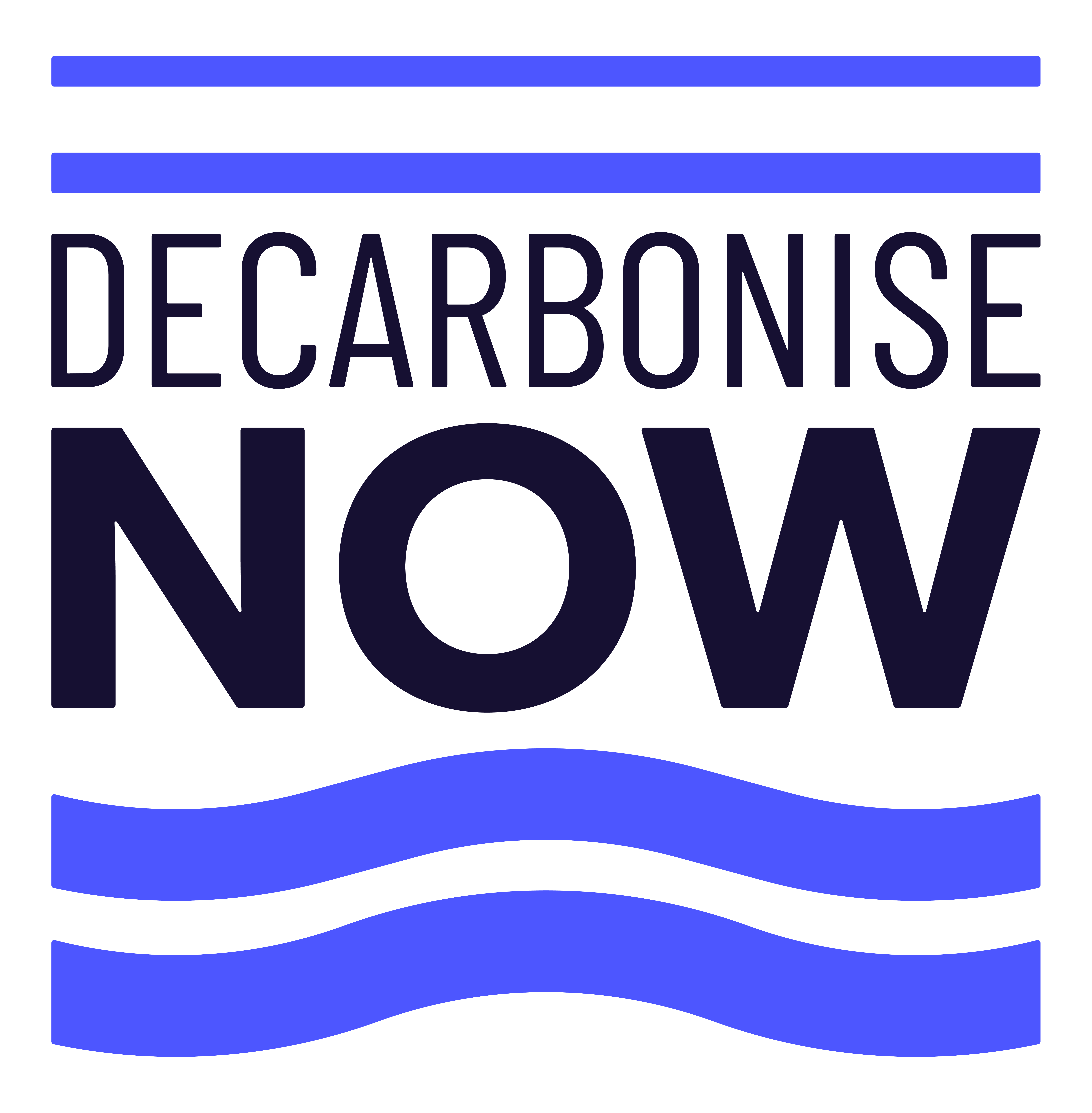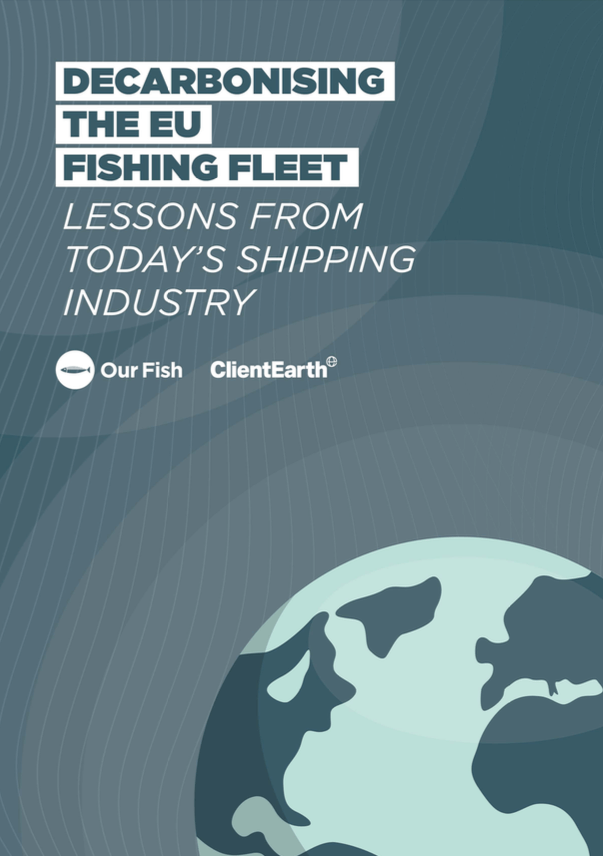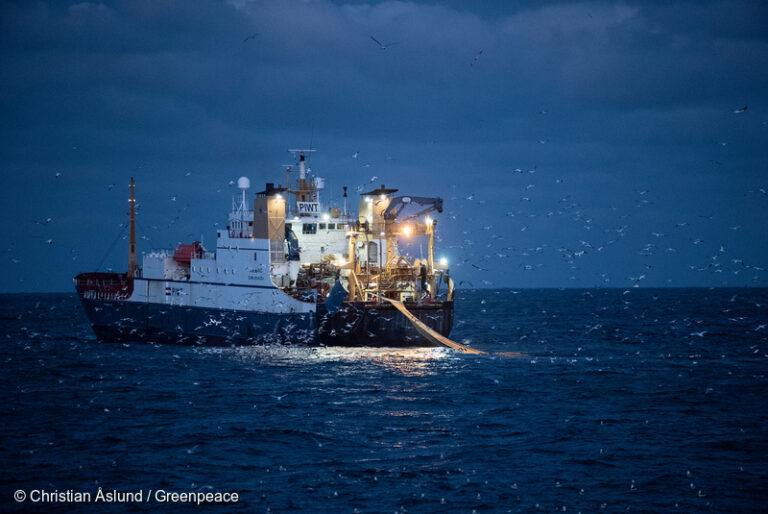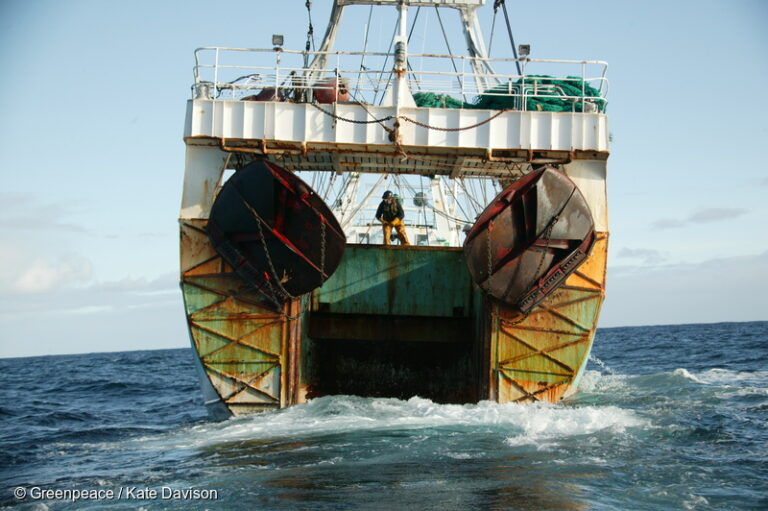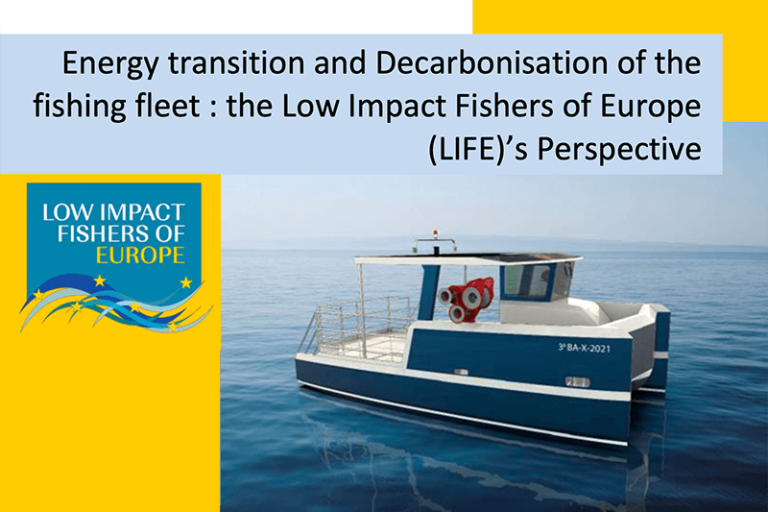Fishing is an energy-intensive activity that produces vast amounts of greenhouse gas (GHG) emissions. In a recent scientific study published in Marine Policy, it was found that fishing vessels released approximately 207 million tonnes of CO2 into the atmosphere in 2016 alone (Greer et al., 2019). And yet, marine fisheries are excluded from global assessments of GHG emissions. To tackle this, decarbonising the fisheries sector must become a priority, as is currently the case for the shipping industry. The transition to cleaner energy required by the European Green Deal and the legislation being developed to make that transition possible (including the revision of the Energy Taxation Directive) offer an opportunity to decarbonise the fisheries sector in the European Union (EU).
At the global level, in 2018, the International Maritime Organisation (IMO) adopted a set of targets to reduce GHG emissions from international shipping by 50% compared to 2008 levels. As part of this, the IMO sets out to reduce the carbon intensity of international shipping by 40% in 2030 and 70% in 2050.4 Although these objectives only apply to the shipping industry, nothing is stopping decision makers and the fishing sector from adopting them for the global fishing fleet.
While the journey to decarbonisation is in its primary stages, progress already made within the maritime sector has provided momentum and offers an incremental pathway for the decarbonisation of the fishing fleet. In order to align itself with the objectives of the EU Green Deal and other relevant international agreements, the global fishing industry will need to switch to new sources of energy. The purpose of this briefing paper is to present a feasibility analysis of batteries, synthetic fuels and wind propulsion for fishing vessels by examining examples from the shipping industry, while also considering the advantages and challenges presented by each source of energy.
Download PDF: Decarbonising the EU Fishing Fleet: Lessons from Today’s Shipping Industry
